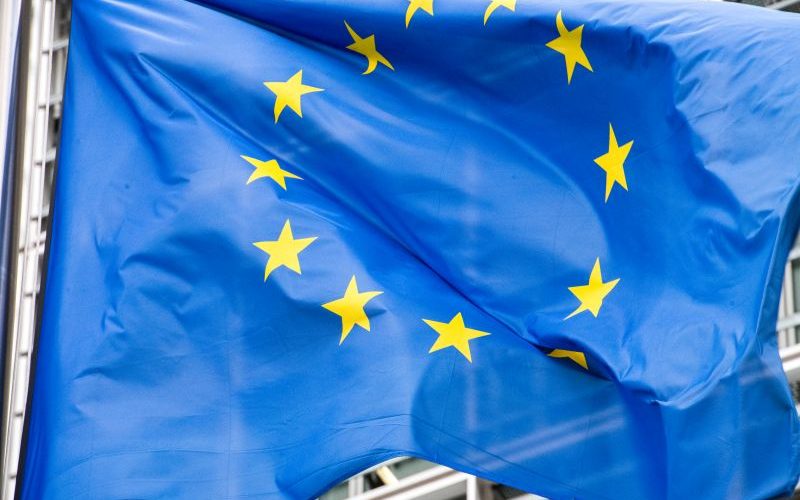A coalition of investors overseeing €6.6 trillion ($6.8 trillion) in assets has called on the European Union to uphold its sustainability regulations, warning that excessive deregulation could undermine green investment. The appeal comes as Brussels prepares to unveil proposals aimed at reducing bureaucratic burdens within the EU’s green finance framework.
The European Commission is expected to publish its plan later this month, addressing concerns from businesses that have criticised sustainability reporting requirements as overly complex. However, investor groups—including the Institutional Investors Group on Climate Change (IIGCC), the European Sustainable Investment Forum (Eurosif), and the Principles for Responsible Investment (PRI) —cautioned that a large-scale revision of the rules could deter investment in the very industries the EU seeks to support.
“Reopening these regulations in their entirety risks creating regulatory uncertainty and could ultimately jeopardise the Commission’s goal to reorient capital in support of the European Green Deal,” the investor groups stated. The appeal was also backed by major asset managers, including AXA Investment Managers and L&G Asset Management.
The Commission’s planned revisions target three key areas: corporate sustainability reporting rules; due diligence requirements which mandate companies to monitor human rights and environmental issues in supply chains; and the EU taxonomy, which defines climate-friendly investments.
The move is partly seen as a response to regulatory rollbacks in the United States, as well as pressure from industry leaders seeking to ease compliance costs. While EU officials have signalled that proposed changes will focus on reducing the reporting burden—particularly for small businesses—some member states, including Germany and France, have pushed for broader delays in implementation.
According to Leo Donnachie, senior policy manager at IIGCC, reducing corporate sustainability disclosures could hinder investment decisions at a time when Europe is competing with China and the U.S. in clean technology development.
“Investors need access to this information to make our decisions,” Donnachie said, arguing that while technical refinements could be beneficial, delays or major overhauls would create instability in the market.
However, some industry stakeholders believe the current sustainability reporting rules impose excessive compliance costs. Patricia Volhard, head of European Funds Regulatory practice at Debevoise & Plimpton, described the existing requirements as “too much of a bureaucratic burden.”
Meanwhile, former European Central Bank chief Mario Draghi has estimated that the EU needs €800 billion in annual investment to remain competitive with global economic rivals.
As the European Commission finalises its proposals, the debate over regulatory streamlining versus maintaining investor confidence continues to intensify, with the potential impact on Europe’s climate finance ambitions hanging in the balance.




















